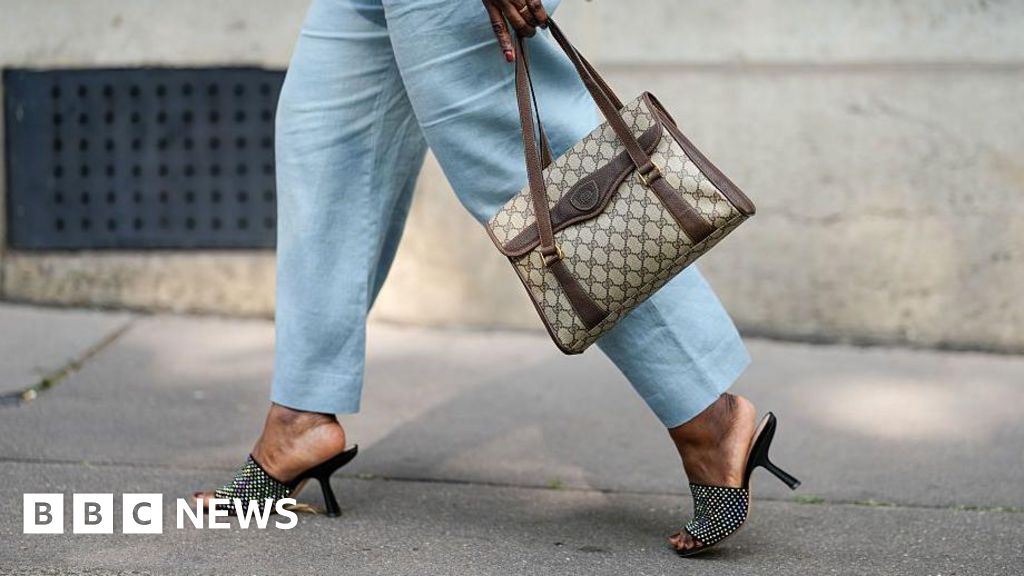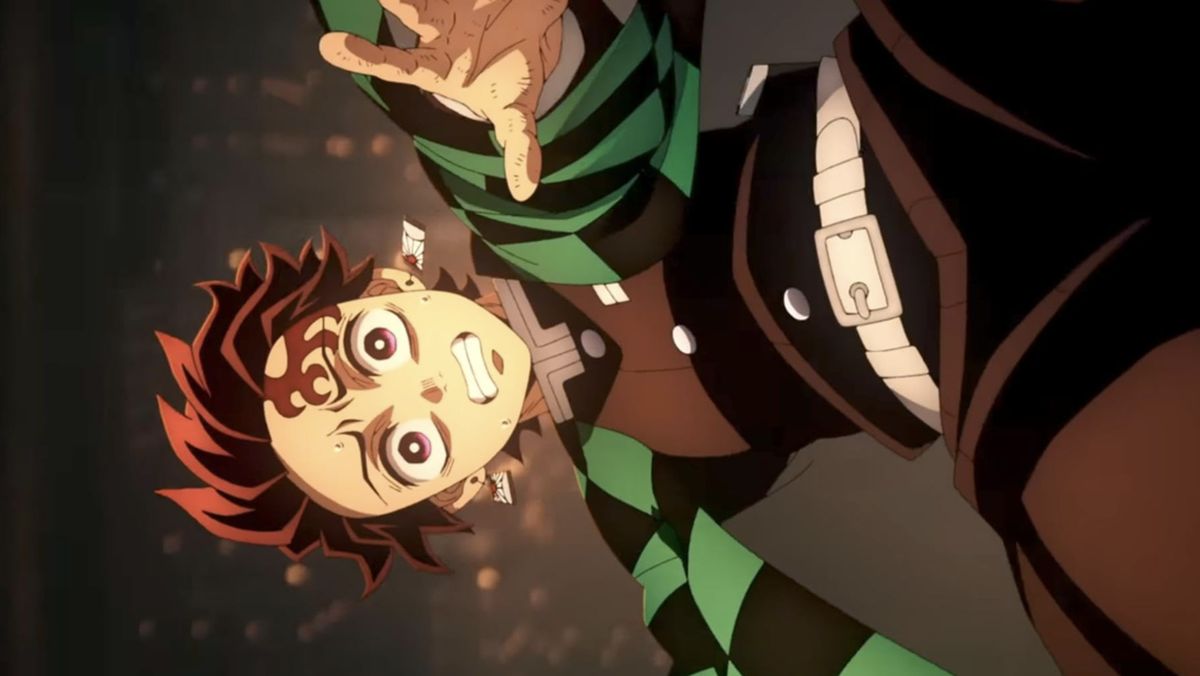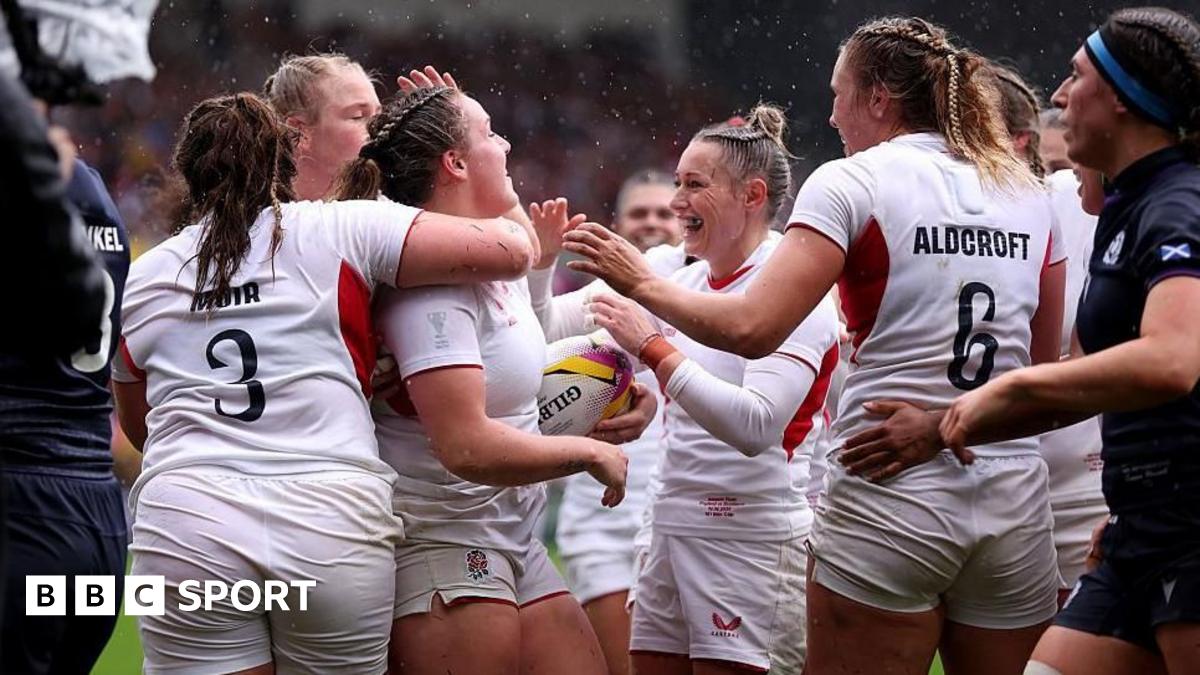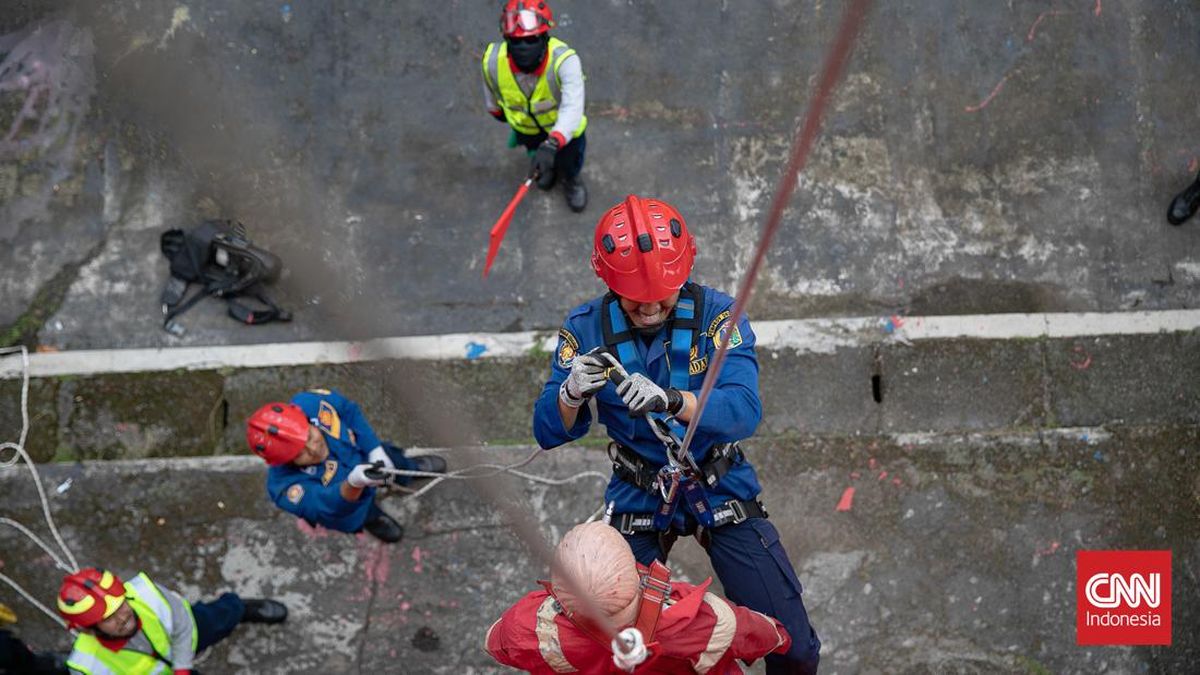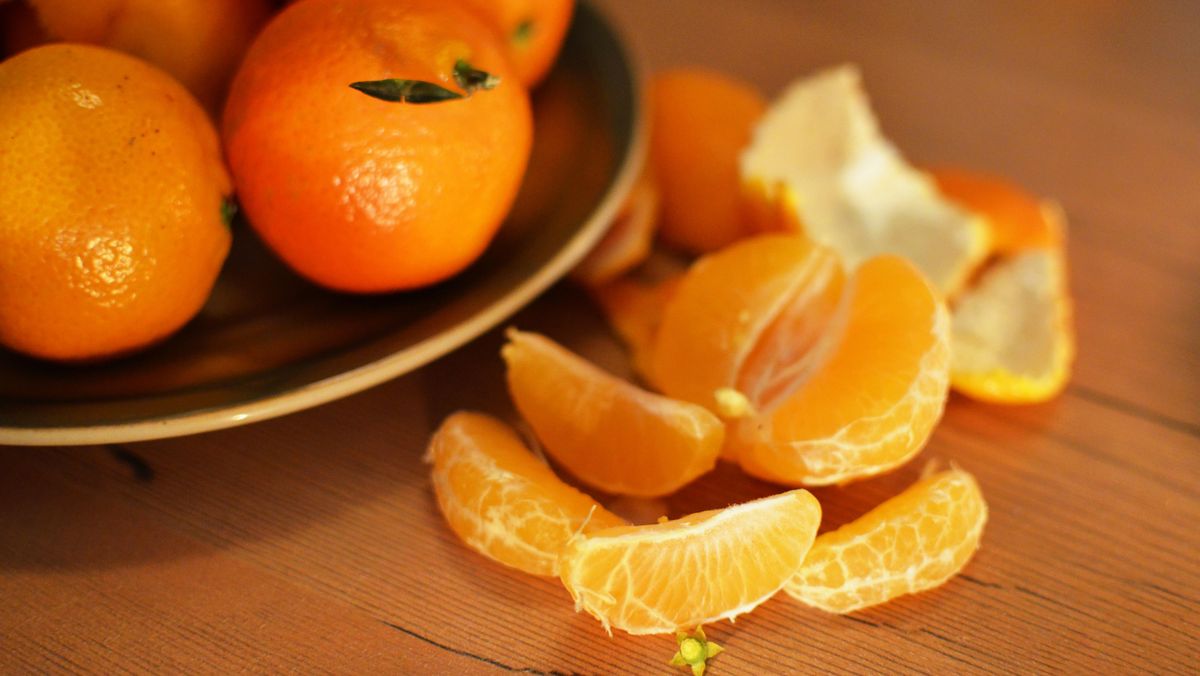I was 25 when my GP told me I was on a direct path to liver failure. I picked up a drink that night. When my housemates – and closest friends – stopped talking to me for weeks on end after one too many mornings spent wiping up vomit or jumping over broken glass, I kept drinking. And when the person I loved begged me to get sober, telling me it was her or alcohol, I kept drinking.
Stopping at any of these junctures might have meant friendships saved, precious moments clawed back from lost time. Looking back now, I want to scream at that old me to stop.

Because alcohol had coloured so much of my young adult life, it felt impossible to imagine a world without it.Credit: Monique Westermann
Instead, I continued hurtling down this hill of discontent, grasping at straws of grass until I landed with a thud on a Tuesday afternoon, back in my childhood bedroom – quite literally transported back to a time before it all began.
For a long time, the myth of the high-functioning addict was a story I chose to tell about myself. As my drinking worsened, I got my dream job, then a promotion a year later. I’d wake up at 5am and go to the gym, my alcohol-laced sweat seeping from my pores. I cooked elaborate meals, hosted dinner parties and, for the most part, kept up appearances.
Emboldened by the hubris of youth, I was the exception, not the rule: the one addict in the history of addicts who really could stop if they wanted to. I shudder to think how painfully unoriginal the whole farce was.
Loading
But for every career goal I hit or three-course dinner I pulled off, there was a failed relationship or night from hell. My personal life was littered with poor decisions and burned bridges, most of which I’d retell as entertaining anecdotes at parties. I thought if I could beat everyone to the punchline that was becoming my life, it would make it okay. There I was, an aspiring writer, tending to my little garden of life experiences all in the name of creative betterment. How original.
For the most part, however, addiction was a painfully boring affair: a self-destructive exercise in narcissism. I spent the last gasps of my drinking life sitting on an old leather couch, tucked away under the carport at the back of my sharehouse, downing glass after glass of sorrows. I withdrew into myself and lost sight of anything beyond my fading edges.
Physically, I’d gained 20 kilograms over the course of a few years. Towards the end, I struggled to consume solid food and spent most nights vomiting up anything I could get down. As crazy as it sounds, a life of sobriety never once occurred to me.
As evidence of the grip drinking had on my life, when I came to the afternoon after it all ended my first thought wasn’t relief that I was safe, that I could finally catch a breath from the exhausting cycle of drinking. It was panic, because I realised I’d reached the point of no return.
My best friend, who was there when I woke up, told me this meant I had to commit to sobriety. I nodded along, but in my head I was already plotting my escape route.
Because alcohol had coloured so much of my young adult life, it felt impossible to imagine a world without it. I fell in love for the first time under the spell of cheap wine, came out to my parents armed with liquid courage, and forged close friendships during drunken nights of debauchery.
Because alcohol had coloured so much of my young adult life, it felt impossible to imagine a world without it.
I’ve heard other addicts compare the early years of sobriety to a second puberty, and I’ve found this to be true. Sobriety has been a series of firsts, like learning to sit in sadness or discomfort without a drink’s soothing presence.
Our 20s are a decade associated with recklessness and freedom from responsibilities, often underscored by heavy drinking and drug use. I still grieve this chapter of my life, having left it behind almost two years ago now. I miss the big nights out, the ability to order a beer at the pub without it meaning anything and the simple way my shoulders would drop after that first sip of wine. Most of all, I grieve the people I let slip through my fingers.
Loading
While I use the language of loss to describe my experiences here, I know they don’t compare to true loss – like losing a loved one to illness – that others endure. Because these were all choices I made, no matter how puppeteered I felt by the strings of addiction. And because these were choices, I have thought often of redemption: what it might look like and whether it’s even possible.
I’m still fearful that the stinking rot of past errors is perceptible from under my mask of sobriety.
But I have felt shimmers of redemption in the simple act of being with others. Because if alcoholism felt like despair – like repeatedly giving up on myself night after night – then sobriety has felt like hope.
It still feels remarkable to me that I’ve made it this far when not too long ago even 24 hours without a drink felt impossible. Sobriety hasn’t been as much of the land of sunshine and rainbows some people make it out to be, but it’s a start. It doesn’t make me superhuman, but it does make me more human.
Like anyone else trying to survive in this world, I’m an incomplete project. There is still work to be done – but it’s work I know cannot begin unless I am sober.
Get the best of Sunday Life magazine delivered to your inbox every Sunday morning. Sign up here for our free newsletter.
Most Viewed in Lifestyle
Loading






